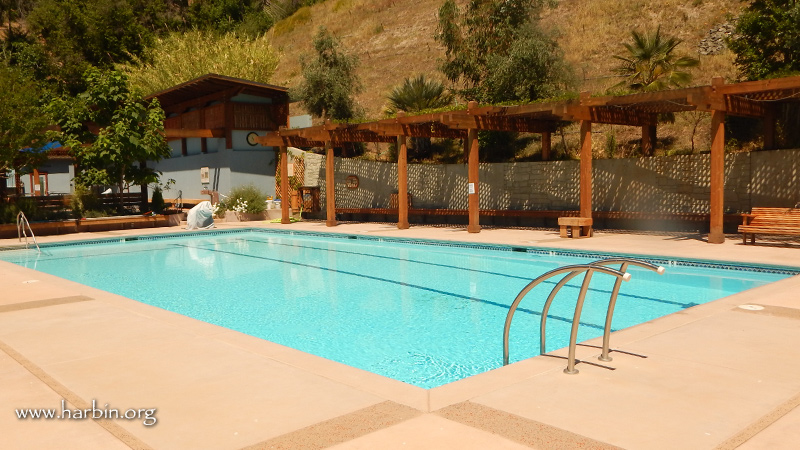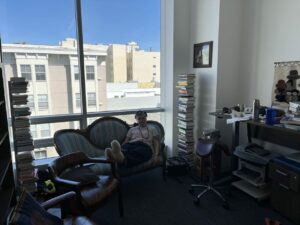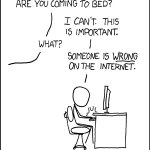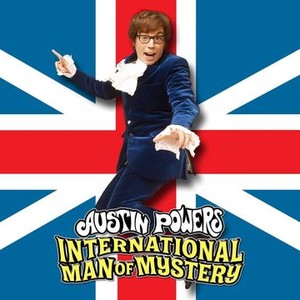
With our refreshing family vacation at Harbin Hot Springs now over, I have a lot to contemplate. The interruption of the constant stream of internet opinions, takes, takes on takes, speechifying, and moralizing was so profound that its effects on my wellbeing were palpable. For the first time in a long time, I found some space to hear my own thoughts and, more importantly, to let them go, like puffy, airy clouds, making room for for sensations and feelings.
Perhaps unfortunately given my line of work, in the last few years I’ve experienced profound exhaustion resulting from the constant bombardment of takes, ideas, and invitations–sometimes quite coercive–to “be a part of the conversation.” I tried writing something about this a few months ago, which focused on the schoolmarmish, admonishing tone of so much of what is written these days by my milieu–academics, journalists, and other opinion people. But I don’t think I managed to capture how oppressive all of this is, how inauthentic.
In her book Our Word Is Our Bond, Marianne Constable analyzes the nature and operation of legal speech, arguing that law operates through the trappings of language. Much of legal education, accordingly, focuses on the minutiae of language and what it implies, constitutively, for the world of policy. I’m not a linguist, and surely this is not a particularly original take on this, but I’m getting the sense that performative, declarative speechifying has now become so commonplace it transcends the world of policy. Everyone is busy declaiming and declaring where they stand on various issues. It seems like the natural counterpart to Citizens United: First we argued that corporations were people, and now people are behaving like corporate PR departments, issuing statements, apologies, excoriations, and the rest. This is all playing out in a few arenas–Facebook, Twitter, Instagram as the main culprits–all of which I vowed to leave when I retire, but waiting another fifteen years to give myself some freedom is too punishing.
Since late March, I’ve been working hard on reclaiming my health, which suffered serious setbacks in the last four years and especially during the pandemic year. While working on the San Quentin case, documenting the COVID-19 disaster in prisons, and advocating on the media and in scholarship, I became seriously inflamed, suffered constant headaches and digestive upsets, put on an enormous amount of weight, ate and slept very poorly. I’m now convinced that I was very close to a heart attack. I can only imagine the deleterious effects this catastrophe had on the health people I talked to and collaborated with–people inside, people recently released with friends inside, family members and loved ones living with the stress of incarceration on the outside.
I’m happy to report I’ve now reversed, and improved, all the health problems I had. I lost 40 lbs and am on my way to losing 15 more and returning to my high school weight. I’m eating a whole-food, plant-based diet rich in vegetables and fruit and exercising daily. My resting heart rate is down from 82 to 57. All my other metrics have been reversed and are now optimal. After a long break from endurance sports, I completed a sprint triathlon last week, scoring a personal best. I continue to run, bike, and/or swim daily, supplementing with pilates and strength training. I am determined to retain my good health, because I know how awful it is to lose it.
One thing I realized at Harbin is that the focus on my family’s happiness and on my own health and wellbeing has a price. It means I haven’t pushed out as many chapters of #FESTER as I perhaps ought to have done (though you can find bits and pieces here, here, and here.) It means I haven’t been aggressively hustling for conferences and travel and vividly engaging with the current conversation on every topic as I would perhaps strive otherwise. A few days ago I gave an interview on the Cosby reversal on NPR and had to actually sit down and read the decision, because I hadn’t been religiously following the takes, let alone supplying takes myself. Given how well I’m feeling and how awful I felt before, I think this is a fair price to pay.
I am reminded of Patty Sun, Andrew Taslitz’s widow, and what she had to say after his untimely death. She wrote:
In the past four months I have kept seeing accolades to Andy’s amazing productivity—the 100+ articles, the zillions of case books, etc., and I have always told people that yes, he led a normal life, yes, he got plenty of sleep and yes, he even took plenty of naps.
But that’s not really true. His life was not normal, at least not to me, and it certainly wasn’t balanced. Yes, I know he genuinely loved his work and yes, I know he had a brilliant and unusual mind, and yes, I know he was cut down in his prime when he still had so much more to give. But all of that came with a price. Not the teaching or the mentoring, but all that scholarship.
So what was the price in the end? In the entire time we were married we only took a two-week vacation once, and just about every vacation we did take was wrapped around one of his conferences or presentations. The furthest he went on each of his two sabbaticals was his front bedroom, because he spent every single day on his manuscripts.
So in the end how do I feel about his productivity? Yes, he enjoyed it, but he also killed himself trying not to disappoint people or to break deadlines.
And as I sit here with the dogs on July 4th, I think was it really that important to add one more book review to his CV or to do one more tenure letter as a favor for someone he never met? I’m glad his peers all loved him for the reliable genius that he was, and I don’t know how he feels wherever he is now, but I am very, very bitter.
Yes, he was a great academic mentor and collaborator, but the price for all that frenzied output was me, and there’s a part of me that will never forgive him for it, because he died right after he promised to slow down and enjoy life itself more.”
I’m taking these words, and the testimony of my own lived experience with improved health, to heart. My bottom line is this: I would like to create a clearing in the dense forest of my life, away from all this chatter, and do as little as possible to clutter my world and yours with more superfluous, unoriginal speechifying. I want to post only what I consider essential and important, stay out of scurrying activity that is not, ultimately, that relevant, and “participate in the conversation” only on my own terms. This is not some glossy, precious wellness flummery. Stress is real, and it can kill you. I won’t have this chatter take me away from my family and from my own body.
This means prioritizing active time–swimming, running, biking, taking dancing, hiking–and time in nature, which I intend to do every day of my life from now on. It also means prioritizing my family over everything and everyone else.
This also means that something else has become important: If you, too, are feeling unwell, stressed, bloated, achy, weepy, exhausted, burnt out, and ready for change, and want to transform your life through a combination of plant-based foods, exercise, and mindfulness, please hit me up on email. I’m a certified mindfulness meditation teacher; I have tons of experience in endurance sports and have taught pilates and aerial fitness; and I have a certificate in plant-based nutrition. More importantly, I know what it is to feel less than your best and how it can rob you from a full participation in your life. Please don’t let this profession, even as you work on noble, important, pressing issues of our time, rob you of your time on Earth. I can help. Let’s talk.




No comment yet, add your voice below!